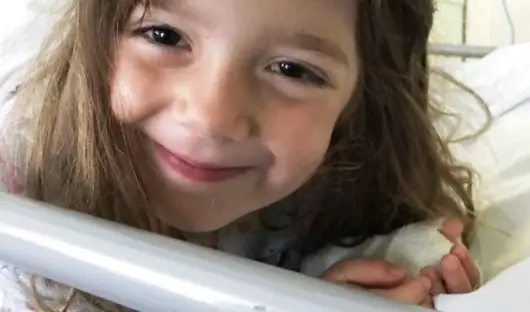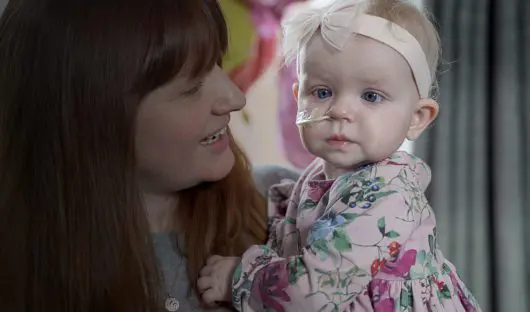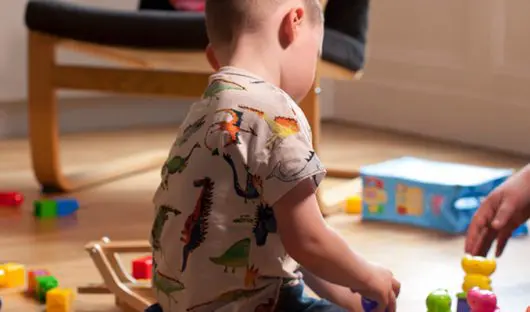Sorting out practicalities for hospital stays
A stay in hospital can be stressful, and it’ll put a strain on life’s routine. But get clued up on what to expect to help keep disruption to a minimum for your family.
What’s it like staying on a ward?
Seeing the ward for the first time can be tough. But you’ll be surrounded by professionals who will be by your side 24/7. And most children’s wards have staff and facilities to help keep your child occupied. There will also be the chance to meet other parents in a similar situation. See this as a real support.
Your child will usually only stay on the ward if they need inpatient treatment, procedures/investigations or supportive care. Some of their treatment may be able to take place in a hospital closer to home. This is called ‘shared care’. Treatment can also be continued at home, at an outpatient clinic or during short stays at hospital. So your time spent staying on the ward may be shorter than you think.
What are the facilities like?
Most hospitals provide information about their wards, facilities and the local area. It’ll be worth taking a look at their website to find an online ‘tour’ so you and your child will know what to expect.
Your child will be provided with a bed or cot. There is usually also somewhere for one parent/carer to stay close by too – think a camp bed or adjustable chair. Linen should also be available.
Expect a small wardrobe/cupboard where you can store fresh clothes and other essentials. Pack lightly though as space is often limited. Cleaners must be able to get under beds and around cupboards so keep this in mind when deciding what to bring.
Only your child is eligible for hospital meals, but there will usually be a kitchen where you can make a cup of tea and prepare snacks.
There are usually showers available for parents and a place to wash your clothes.
Some wards have a single room for you and your child, at least in your first few days at the hospital. This won’t be available everywhere so you may be sharing a section of the ward with up to 5 other families. Curtains offer some privacy but it’s a good idea to bring headphones or ear plugs to help you rest.
Keeping up contact between siblings helps life feel normal. Brothers and sisters won’t be able to stay for long periods so make the most of the time when they’re there. Is there an activity you can arrange to give them some one-on-one time… maybe arts and crafts or a puzzle? The team at the hospital may also be able to help with ideas too.
In between visits, try and keep up regular contact between them through phone calls, video chats or even old school letters.
What will it cost me?
Travel
You may need to travel miles for your child’s treatment. This could mean a splurge on petrol, parking charges, or even a new or more reliable car. If you’re on low income you could claim back your costs. Check out the extra support available which could help you spend less on travel.
Accommodation
Depending on your child’s treatment plan and arrangements, you may need alternative accommodation. Find out if there’s any free accommodation near the hospital you could stay at. Young Lives vs Cancer has Homes from Home near some hospitals, and there are Ronald MacDonald houses at others.
Childcare
Often families divide themselves between caring for the child in hospital and the siblings at home. This can be very stressful, particularly if you are a single parent/carer. Try and ease the load where possible – have you got family or friends who can help out?
If you’re employed you have the right to unpaid time off to deal with emergencies involving your child. This includes childcare. But it’ll be worth having someone who can help you out at short notice too.
There may also be times when you need to rely on paid childcare. Find out more about childcare costs and tax credits.


